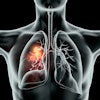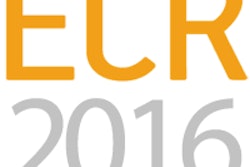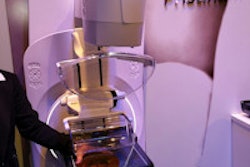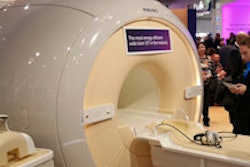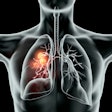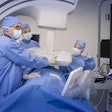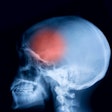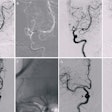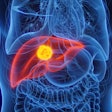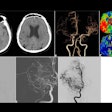Dear AuntMinnie Member,
A new study has disturbing implications for radiologic technologists who perform fluoroscopically guided interventional procedures.
Researchers from the U.S. National Cancer Institute investigated whether such technologists had a higher risk of cancer from radiation given off during the procedures. Unfortunately, they found a twofold higher risk of death from brain cancer among the technologists who responded to a survey, as well as a modestly higher risk of melanoma and breast cancer incidence (although fortunately not mortality).
The findings pose a problem for radiology departments, which must balance the benefit that the procedures confer to patients with what seems to be the higher cancer risk to staff. While radiation protection equipment is available and used, it doesn't typically cover the head -- which could be the cause of the higher brain cancer risk, the researchers theorized.
Read more by clicking here, or visit our Digital X-Ray Community at xray.auntminnie.com.
Mammo for heart disease
Could screening mammography become a valuable tool for determining the risk of heart disease in women? It sounds like a crazy idea, but a new study indicates it just might have potential.
In a study to be presented at the American College of Cardiology annual meeting next month, researchers from New York analyzed images from nearly 300 women who had both digital mammograms and noncontrast CT studies performed within the same year. They measured calcification in both the breast and coronary arteries.
The researchers found a correlation in calcification scores in both locations, indicating that if a woman had breast arterial calcification, she probably also had coronary arterial calcification -- and that's a risk factor for heart problems later.
The study raises the intriguing prospect of a single screening exam that can detect both breast cancer and heart disease. Learn more about the study by clicking here, or visit our Women's Imaging Community at women.auntminnie.com.
Ultrasound CAD
Ultrasound is a great imaging tool, but its clinical utility can vary based on a variety of factors. Researchers from Brown University developed a computer-aided detection (CAD) algorithm for detecting a trio of clinical conditions: steatosis, adenomyosis, and craniosynostosis. Find out how well it worked by clicking here, or visit our Advanced Visualization Community at av.auntminnie.com.


